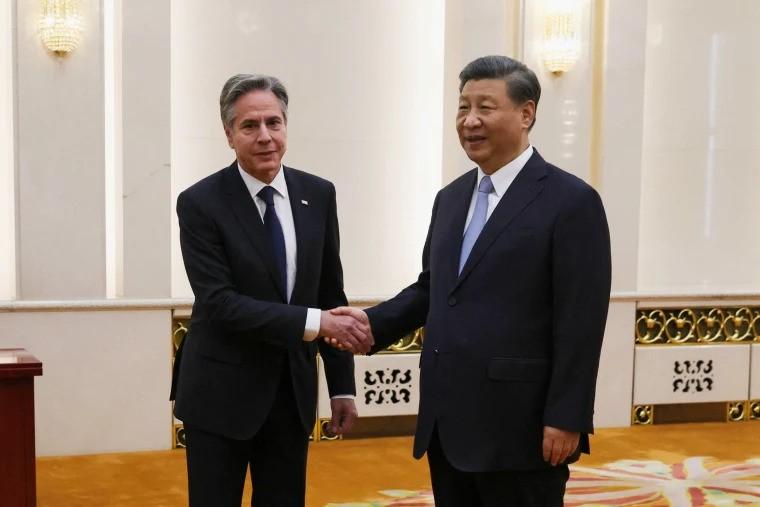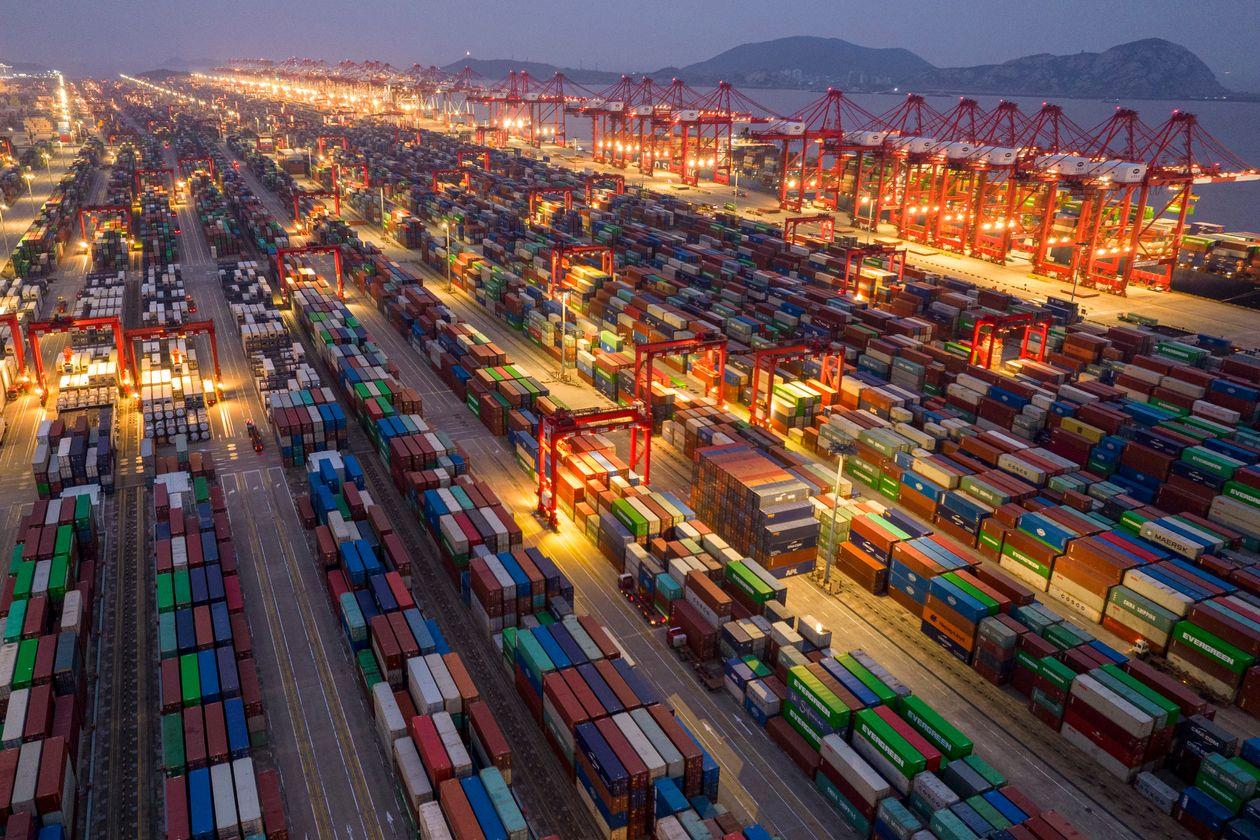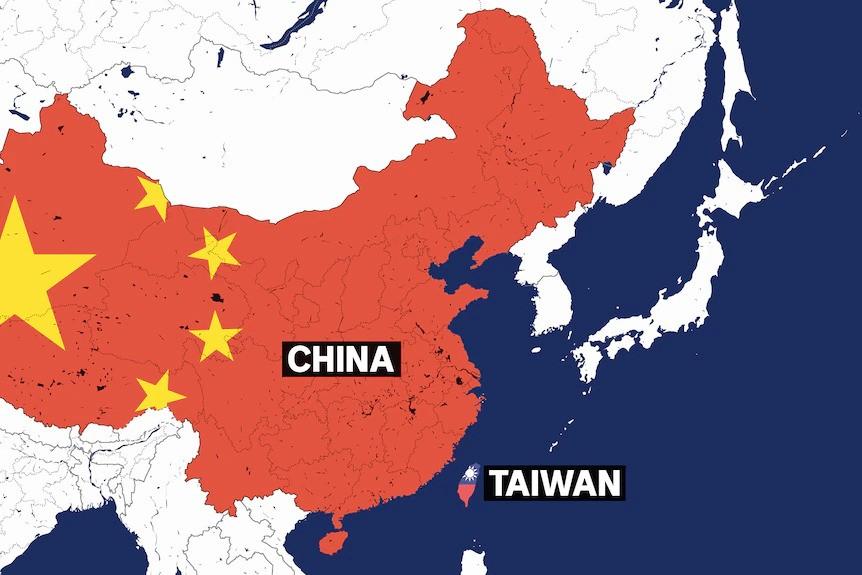Will Antony Blinken's visit overshadow the China-Russia partnership? Preventive shot
US State Secretary Antony Blinken is set to embark on a crucial visit to China in the coming days. This visit holds immense significance as it aims to strengthen the relations and partnership between the two countries and to address the Beijing-Moscow strategic partnership. The Biden administration's recent concerns over China's military-technical support to Russia during its invasion campaign against Ukraine have added a sense of urgency to this visit. In fact, President Joe Biden himself engaged in a phone conversation with Xi in early April, marking their first discussion since their historic in-person summit in November.

Blinken will meet with senior Chinese officials in both Shanghai and Beijing during his April 24-26 visit. The White House statement mentions that Blinken has three primary objectives for his trip to China. First, making progress on key issues; second, clearly and directly communicating concerns on bilateral, regional, and global issues; and third, responsibly managing competition. In addition to Ukraine, the Israel-Hamas and Israel-Iran tensions will also be discussed during the visit. Hoping to highlight the change in atmosphere, Blinken will stop before Beijing in the modern metropolis of Shanghai, where officials say he will promote stronger people-to-people ties between the two countries.
The US and its allies are growing increasingly impatient with Beijing's continuous support to Moscow, ranging from chips to cruise missile engines, to aid in the reconstruction of its industrial base. While the US government has not explicitly outlined plans to counter Chinese influence and the China-Russia partnership, the Biden administration's rhetoric suggests that economic and financial sanctions on China may be imminent. This hints at the possibility that Blinken's visit to China is more than just a diplomatic exchange, but a potential warning to Beijing that its actions are being closely monitored.

In its bid to counter China's support for Russia, the US rallied the support of G7 countries. These nations have recently expressed 'strong concern' over the transfer of materials and weapons components from Chinese businesses to Russia for its military offensive in Ukraine. The G7 statement highlights China's role in providing machine tools, semiconductors, and other dual-use items that have aided Russia in rebuilding its defence industrial base. The transfer of such materials from Chinese companies has been instrumental in advancing Russia's military production, according to the G7.
The two years of war in Ukraine have reached a critical phase as Russia adapted to new realities on the ground and shifted its strategy, enabling it to advance in Ukraine, while Kyiv is experiencing a shortage of ammunition and human resources. Indeed, China-US relations strained dramatically in the last five years, though both leaders gathered together in San Francisco in November 2023. Nevertheless, some analysts argue that Blinken's upcoming visit aims to increase pressure on China regarding the South China Sea, the Taiwan issue, and support to Russia.

Moreover, Blinken’s attempts to intimidate China will not yield results. China will definitely hit back resolutely. It will also be highly vigilant about the Taiwan question and won't let the US hurt its core interests. The US has been bracing for Taiwan's May 20 presidential inauguration and will urge restraint by Beijing even as China's military has ramped up activity near the island. In the weeks leading up to the inauguration, Taiwan officials reported several attempts by the Chinese government to intimidate the island, escalating military pressure and disinformation campaigns.
Despite the US seeking new rapprochement with China, Beijing now seems concerned about domestic policy. The current economic slowdown puts pressure on Chinese authorities as the rate of youth unemployment grows and the government struggles to tackle inflation issues. Therefore, it is unlikely that Chinese leader Xi Jinping will be willing to discuss and reassess relations with Russia during Blinken’s visit. China sees its partnership with Russia as a viable counter-balance against the US, particularly in light of the Ukraine war.

Nevertheless, Washington will inevitably focus on obstructing China's trade with Russia, and Beijing will face a new struggle with the US in terms of defending its trade interests globally. Beijing has maintained close ties with Moscow during the war, increasing economic cooperation and disrupting Western attempts at isolating Russia. Expanded trade with China has played a key role in allowing Moscow to keep its economy running and ramp up its military industry despite Western economic pressure.








